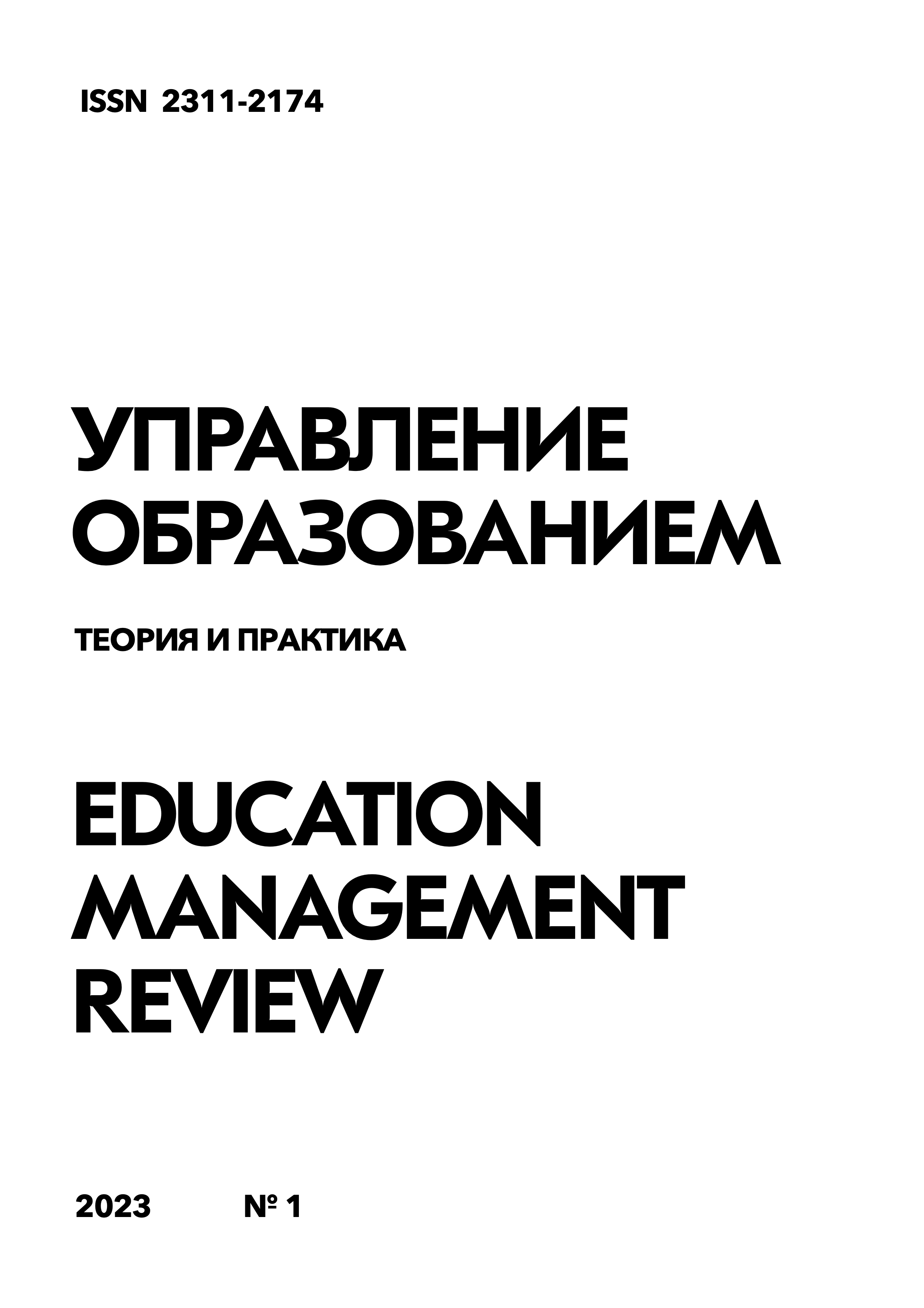Formation of professional competence of students in the process of learning English in a professional direction
DOI:
https://doi.org/10.25726/e3573-8475-6868-iKeywords:
formation, professional competence, students, englishAbstract
A modern specialist is a product of self–creation, a person's subjective desire to learn, independent acquisition of knowledge, conscious orientation to self control, self-development and activity in all spheres. All this is the result of the student's academic competence acquired during his studies at a higher educational institution, because it is there that his abilities and learning ability manifest themselves. One of the components of the academic competence of students of non-speech specialties is the knowledge of foreign languages, which allows the student to work with various educational and scientific sources, reference books, professional information, etc.; conduct business correspondence, work effectively with a computer, find information on the Internet, libraries of foreign universities, databases of scientific papers, communicate with colleagues fromabroad, to gain new knowledge through knowledge of a foreign language and the like. Knowledge of foreign languages plays a significant role in the formation of professional competence of graduates of non speech specialties. However, it should be borne in mind that professional competence is not a permanent value: it is constantly changing under the influence of external factors, scientific and technological progress, etc. There is no established list of competencies, since each profession has a unique set of abilities inherent only to it, without mastering which the process of adaptation and subsequent professional performance of their duties can cause significant problems. Despite a large number of scientific papers on theoretical and practical aspects of the diagnosis of foreign language professional competence of students in the process of learning English in a professional direction, some important aspects remain unresolved, namely: the definition of the concept of "foreign language professional competence" remains controversial.
References
Антонова А.Б. Современные тенденции в обучении китайских школьников и студентов английскому языку как иностранному в образовательных учреждениях России и Китая // Российско-китайские исследования. 2017. № 1. С. 72-79.
Антропова М.Ю. Мобильные технологии в учебном процессе (на примере китайского WeChat) // Cross Cultural Studies: Education and Science. 2018no. 3. P. 218-224.
Блохина А. А. Междисциплинарные связи как педагогическое условие формирования и развития визуальной культуры будущих графических дизайнеров // Актуальные проблемы гуманитарных и естественных наук. 2017. № 6. Ч. 3. С. 40-42.
Восковская А. С., Карпова Т. А., Мельничук М. В. Педагогические условия формирования коммуникативно-профессиональной компетентности студентов неязыкового вуза в цифровом обществе: монография. М.: КНОРУС, 2019. 162 с.
Газарян Т.Р. Применение технологии мультимедийного обучения иностранным языкам в высших учебных заведениях // Образование и право. 2021. № 4. С. 405410. doi:10.24412/2076-1503-2021-4-405-410
Гунина Н.А., Воякина Е.Ю., Королева Л.Ю., Мордовина Т.В. Предметно-языковой интегрированный подход к обучению иностранному языку студентов инженерных направлений подготовки // Вопросы современной науки, 2021.
Дедов Е.Г., Куксин Р.П., Н.В. Владыченкова, Дедова Е.Е. К вопросу о концепции гражданско-патриотического воспитания студентов в медицинском университете // Сборник трудов VII Международной научно-практической конференции. Российский экономический университет им. Г.В. Плеханова, «Социально-экономическое развитие региона: опыт, проблемы и инновации». 2020. С. 23-29.
Демидова Т.Е., Тонких А.П. Реализация компетентностного подхода в вузе // Проблемы подготовки учителя для современной российской школы : сборник материалов: Тезисы докладов Всероссийской научно-практической конференции преподавателей педагогических учебных заведений: программы учебных дисциплин, специальных курсов и семинаров для студентов педагогических вузов и колледжей, обеспечивающие подготовку к работе по Образовательной системе "Школа 2100", Москва, 02–03 февраля 2007 года. Москва: ООО "Баласс"; Издательский Дом РАО, 2007. С. 36-39.
Дорощук Е.С., Трифонова П.В. Инновационный потенциал подкаста как интегрированной медиатехнологии // Международный научно-исследовательский журнал. 2020. №. 2-2 (92). С. 35-39.
Дубских А.И. Предметно-языковое интегрированное обучение иностранному языку студентов неязыковых направлений: преимущества и проблемы внедрения // Актуальные вопросы современной филологии и журналистики. 2020. № 4(39). С. 44-51.
Мирцхулава Л.А. Межпредметные коммуникации как средство оптимизации процесса формирования потенциального словарного запаса иностранного языка: дисс. ... к. пед. н. Тбилиси, 2008. 180 с.
Сенашенко В.С. Междисциплинарность образования как отражение многообразия окружающего мира // Университетское управление: практика и анализ. 2017. Т. 21. № 1. С. 88-95.
Чернилевский Д.В. Дидактические технологии в высшей школе: учебное пособие. М.: ЮНИТИ-ДАНА, 2002. 436 с.
Шестакова Л.А. Теоретические основания междисциплинарной интеграции в образовательном процессе вузов // Вестник Московского университета им. С. Ю. Витте. Серия 3. Педагогика. Психология. Образовательные ресурсы и технологии. 2013. № 1 (2). С. 47-52.




